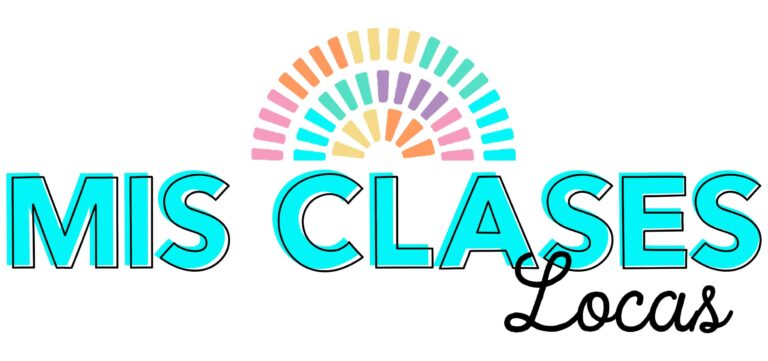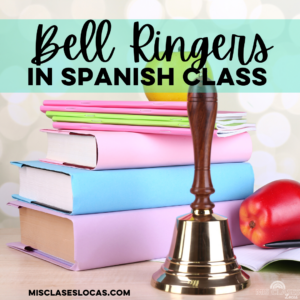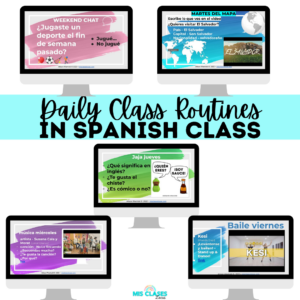What I learned my first two years teaching high school


- Listen to your students. If they tell you you are moving way too fast and they don’t get it, ASK them specific questions and LISTEN to what they have to say. Have students complete friday feedback to give you valuable information on what is working in class, and what needs to change. Also, just being attentive to those around you and realizing when a breakup, major life event, or huge drama situation is going on, what is going on in your class has significantly less priority to them.
- Be Flexible. As a type A planner, flexibility was something that I really had to work on. Be prepared that your class will be interrupted throughout the year with field trips, assemblies, retreats, blood drives, state athletic games, announcements, simulations, music contests and anything else you can imagine. Have a stash of alternate games and activities that students who are in class on days with no attendance can complete, without making the large number of missing students behind. Know that you may show up to school without any idea of the day’s schedule due to special events, and try to smile when the students ask what classes they will have that day.
- Network with other teachers around the world by joining a twitter chat, going to a conference, or connecting with bloggers. Also, don’t forget to make friends with other teachers at work. There will be days when you need a face to face vent, cry, or talk, that only a teacher down the hall at your school will be able to fulfill.
- Have Balance in your life. My first year teaching I thought it would be a great idea to plan a wedding, sponsor Spanish club, direct the school play and musical and be the lead staff development coordinator for Camp Adventure all while starting from scratch with my curriculum. Needless to say after a sleepless, stressful year one, something had to go. I let go of doing drama after year one, and it made a huge difference. I no longer was spending 7am-9pm at school multiple days a week with rehearsals. Having a work/life balance was especially important after baby boy was born this past January.
- Fail. It’s ok to have a lesson fail. A few highlights on my fail real include: not watching an entire (apparently inappropriate) music video before showing it to class, having a class market without working with the students on the phrases needed to complete it, and wasting my whole first year tied to textbook curriculum based on workbooks, textbook vocabulary and chapter tests, and CD listening activities. I realized many of my failures came from not enough planning on my part, and this is where the learning and growing comes in.
- Laugh at yourself and don’t take yourself to seriously. Be goofy, show your personalty and implement baile viernes. Being comfortable around each other is how you will build a classroom climate where everyone can take risks and go out of their comfort zone by speaking another language in front of their peers.
- Stay Calm. At first if a student caught an error of mine, (usually my spelling in English, a big insecurity of mine) I would get defensive, now I throw them a Smarties candy for catching my mistake. Once the students know how to push your buttons and get you worked up, they will do so every chance they get. A lot of my biggest challenges year one came from behavior management and students taking control of the class. Once I learned to step away, take a breath, and let it go when a student disrupts class, we could all continue our learning, and I could address the issue later in private without getting myself and the student worked up.
- Baby Steps. Small, incremental, positive changes is how you can improve your class and curriculum. If you take on too much at first, it will be overwhelming and you will quit. I was suggested to take one level at a time and try to implement new things. If it goes well, then expand to the other levels. Rome wasn’t built in a day, and neither is a curriculum. Here is my plan for the 1st day of Spanish class
- Ask for help when you need it. Make friends with the secretaries and janitors because they are your biggest resources at a school. The only dumb questions are the ones you never asked. Seek advice on difficult students from other teachers who have them. A school should be a community and you are not alone.
- Have Fun! Take time everyday to actually enjoy what you are doing. Pick topics to cover with the students that you actually enjoy and have a passion for, otherwise what is the point of teaching?
**UPDATE 6.25.15: Here are 10 MORE things I learned my first 3 years teaching






